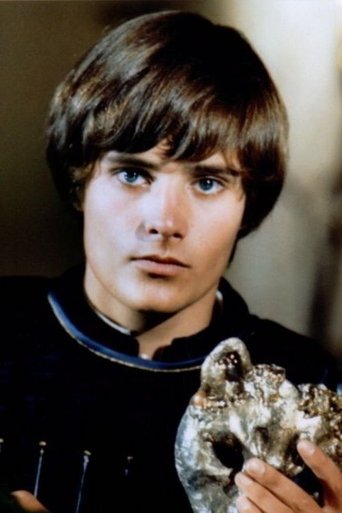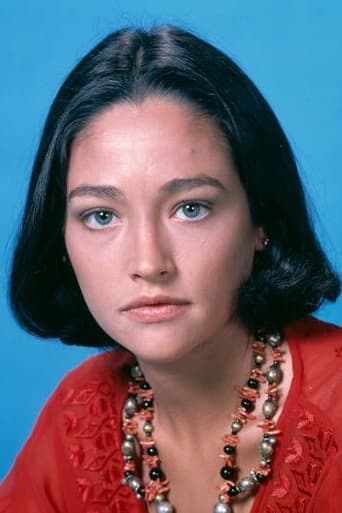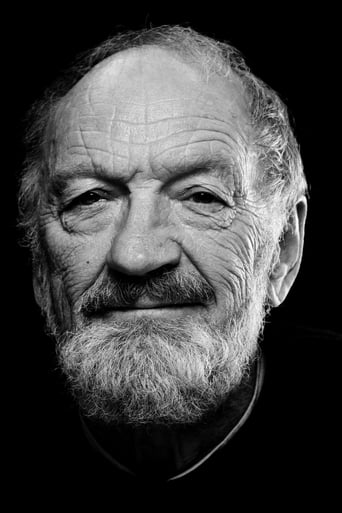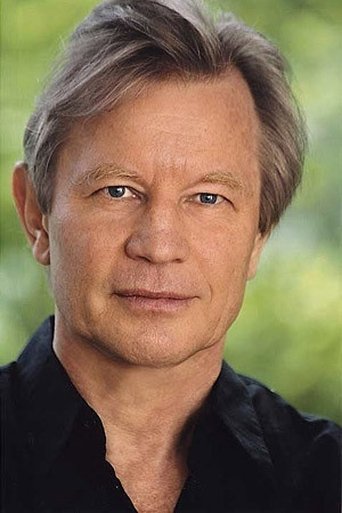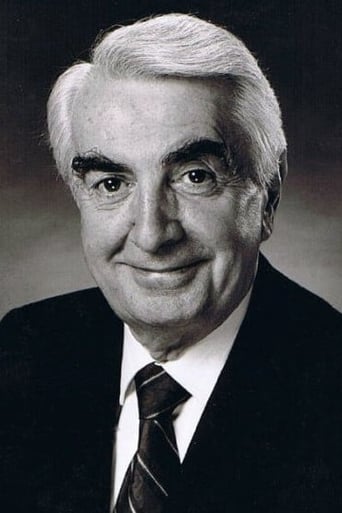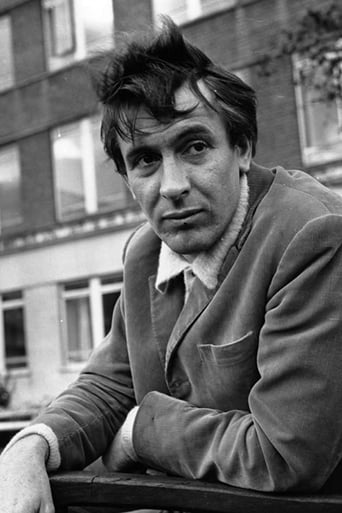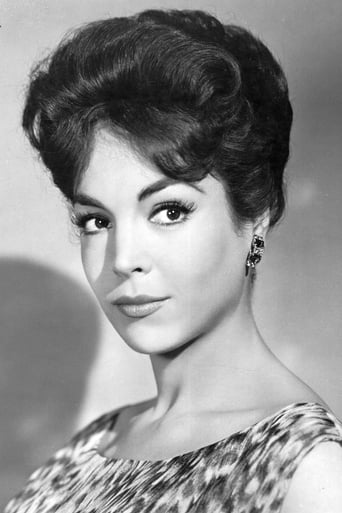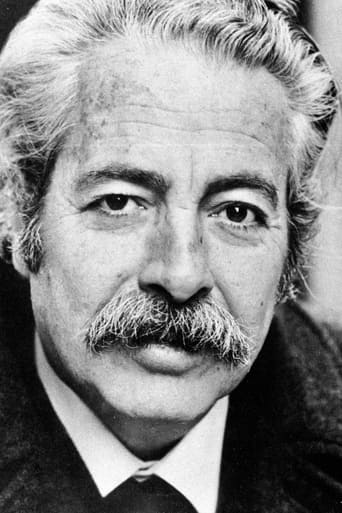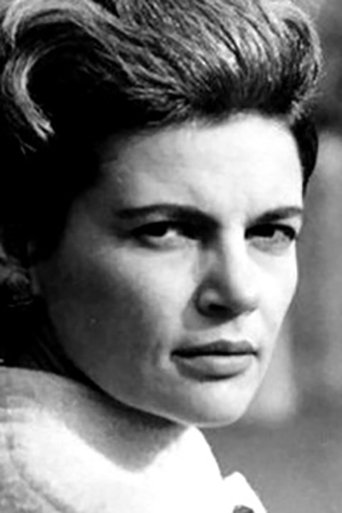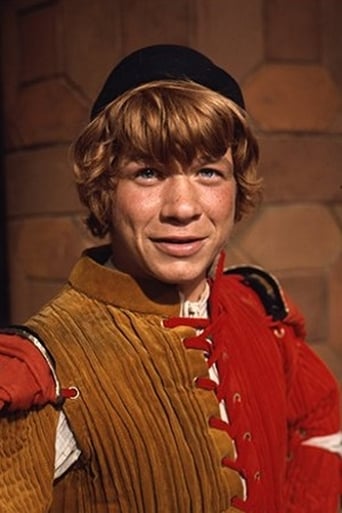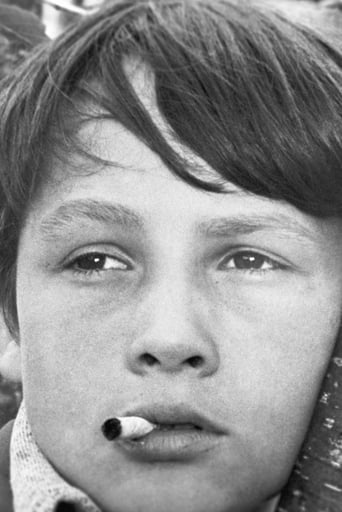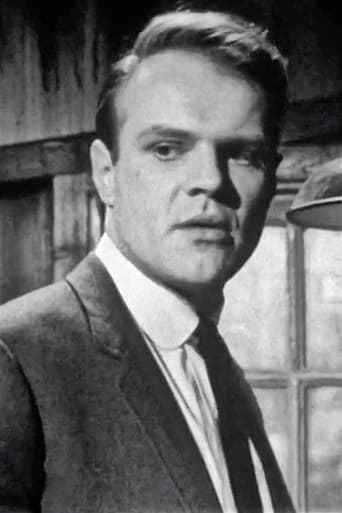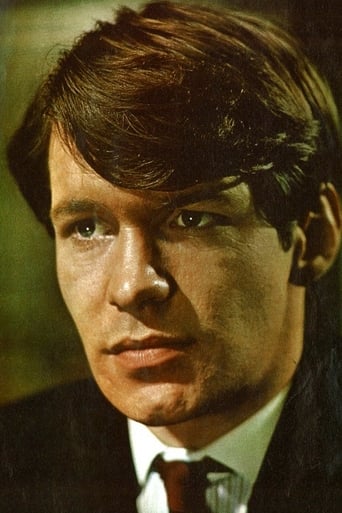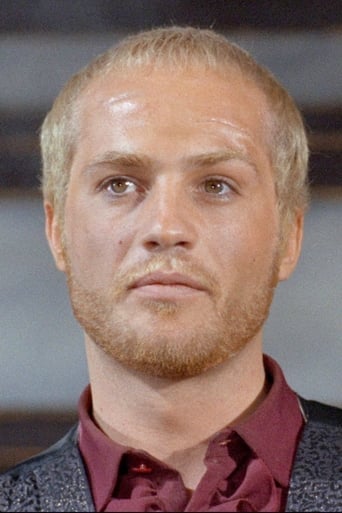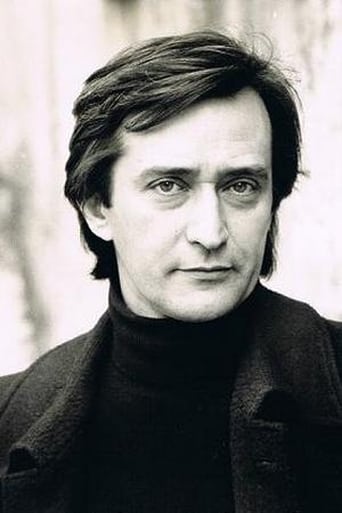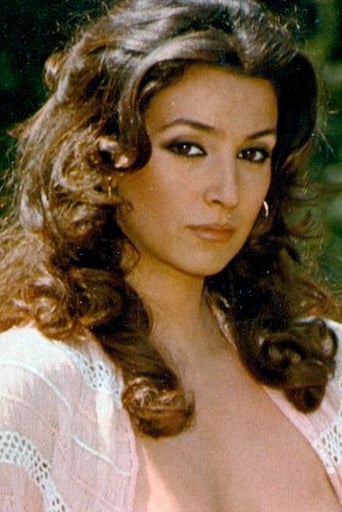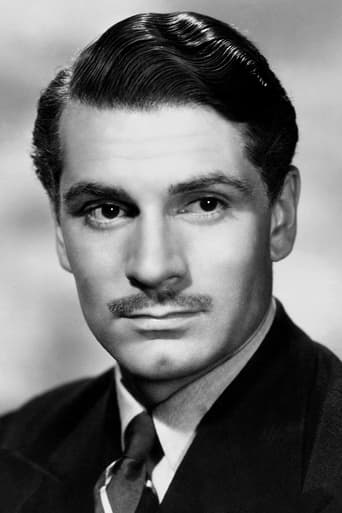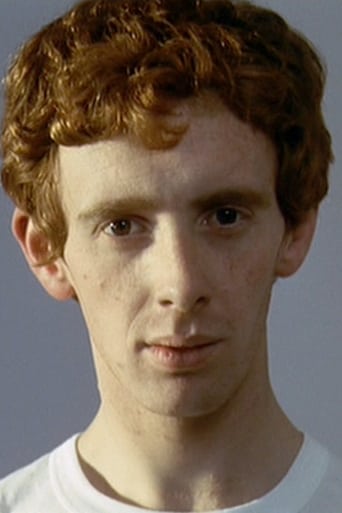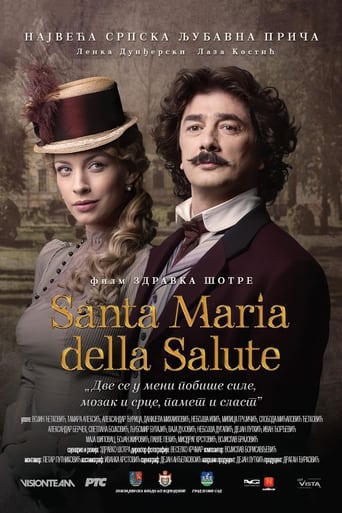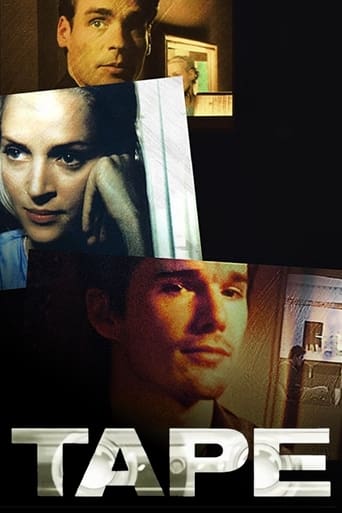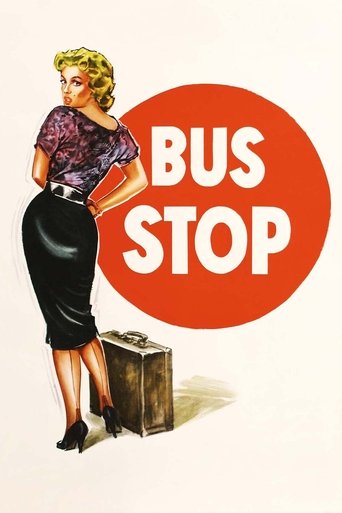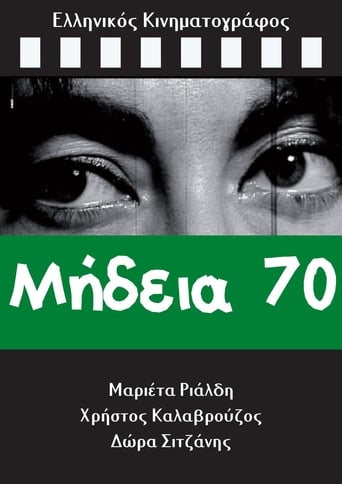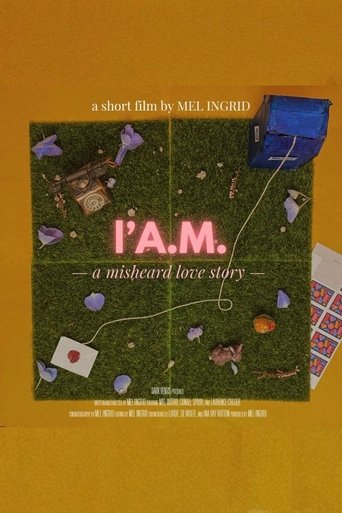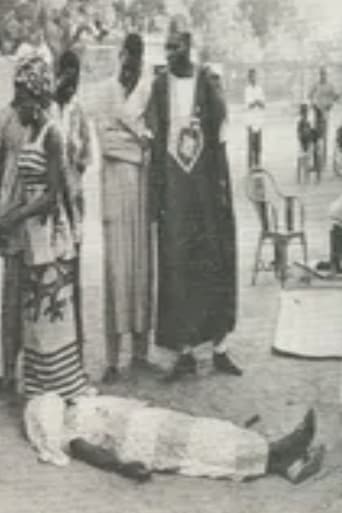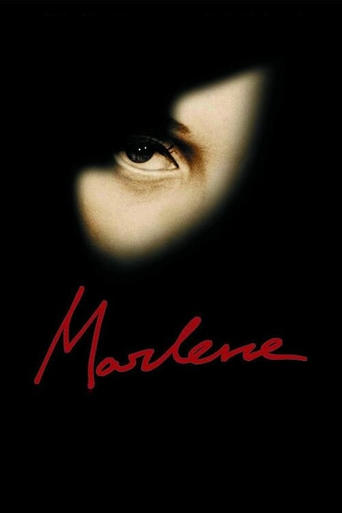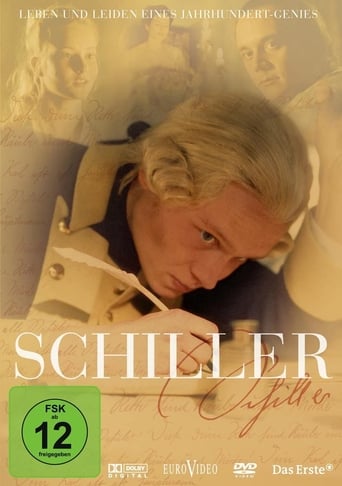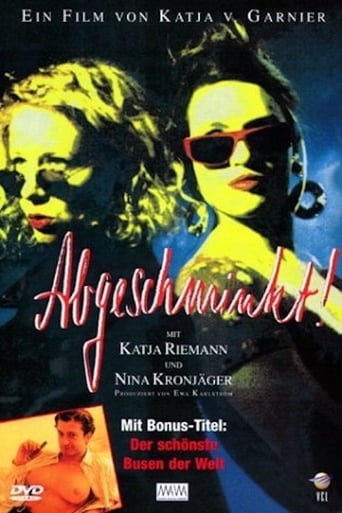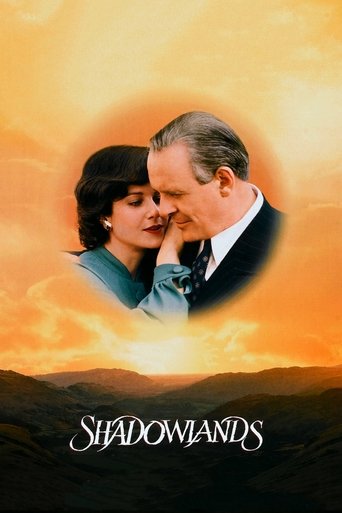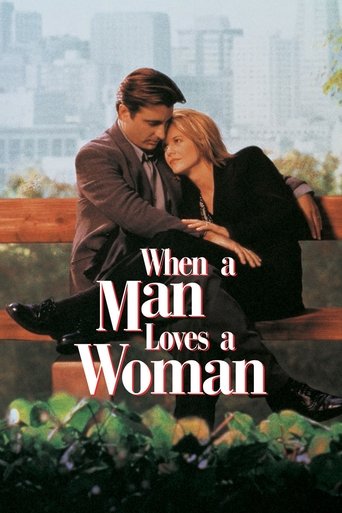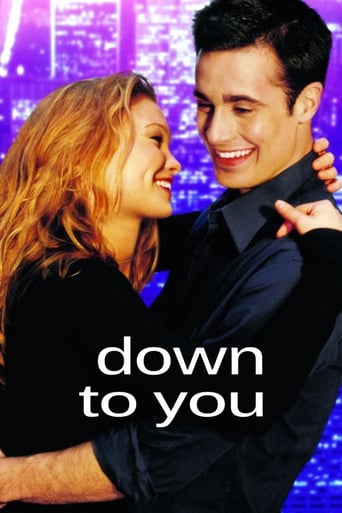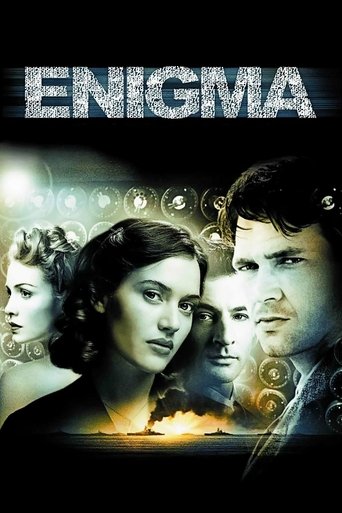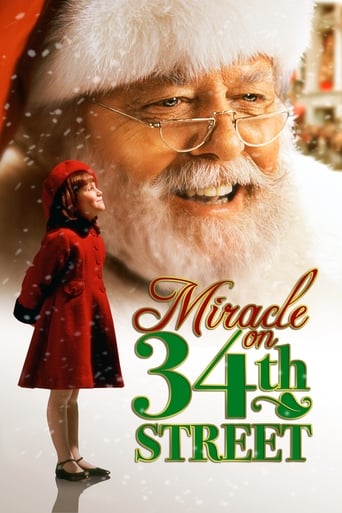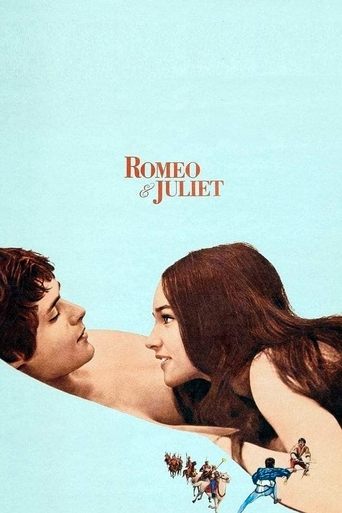
Romeo and Juliet (1968)
Romeo Montague and Juliet Capulet fall in love against the wishes of their feuding families. Driven by their passion, the young lovers defy their destiny and elope, only to suffer the ultimate tragedy.
- Franco Zeffirelli
- Isa Bartalini
- Dyson Lovell
- Rinaldo Ricci
- William Shakespeare
- Franco Brusati
- Franco Zeffirelli
- Masolino D'Amico
Rating: 7.4/10 by 669 users
Alternative Title:
Romeo e Giulietta - IT
Romeo y Julieta - ES
Romeo & Juliet - US
殉情记 - CN
Romeo and Juliet (1968) - AF
罗米欧与茱丽叶 - CN
Romeo a Julie - CZ
Roméo et Juliette - BE
Ромео и Жулиета - BG
Romaios kai Ioulietta - GR
Rómeó és Júlia - HU
ロミオとジュリエット - JP
Country:
Italy
United Kingdom
United States of America
Language:
English
Italiano
Runtime: 02 hour 18 minutes
Budget: $0
Revenue: $38,901,218
Plot Keyword: secret love, new love, love of one's life, female lover, forbidden love, lovers, based on play or musical, tragedy, crush, romeo & juliet, tragic
The location photography and the beautiful score from Nino Rota help make this, for my money, the best screen adaptation of this most tragic of Shakesperian tragedies. Add to those classic elements, a really strong cast that mixes new blood with those more experienced and we get a properly heart-rending iteration. The constantly feuding "Montague" and "Capulet" families dominate society in Verona. Despite this long standing animosity, the curious and charming young "Romeo" (Leonard Whiting) risks life and limb to attend the "Capulet" masked ball. It is there that he encounters the beauty that is "Juliet" (Olivia Hussey) and the two embark on a relationship that puts both themselves and their friends in great peril. Over the course of the next 2¼ hours, Franco Zeffirelli immerses us in the greatest love story in English literature, tempered with jealously and intolerance, petty vengeances and loads of humour as the youngsters struggle to comprehend the reason for this historic vendetta. Whiting has a freshness and exuberance as the young "Romeo" - his effort here makes it easy to see why "Juliet" would be drawn to his attractive boyishness. Miss Hussey, too, brings an innocence and optimism to her performance that, when the two share the screen, is really quite engaging to watch. To be honest, some of the supporting cast were a bit on the theatrical side - especially Robert Stephens' "Prince" and Michael York doesn't really shine in the crucial role of "Tybalt", but to compensate there are lively contributions from Pat Heywood as the nurse - always a fun character with this author; Milo O'Shea works well as "Friar Laurence" as does John McEnery as "Mercutio". It takes only a few liberties with the original script, and so the story flows along towards it's well known ending much as William Shakespeare might have imagined, which adds great richness to a dialogue that does require concentration, but is well worth the effort in the end.
**Another fine adaptation of the Bard's masterpiece.** William Shakespeare is an author of all time. Everyone knows him, everyone considers him, even those who don't speak native English. It is a universal heritage, and “Romeo and Juliet” is his most important work. There is no end to the number of film adaptations: basically, “Romeo and Juliet” has been adapted to film for as long as cinema has existed. And it's hard to choose which one is the best, each one has its merits and demerits. I have some preferences, but I'm not going to lie, this adaptation deserves to be among the best. It's pretty obvious that Franco Zeffirelli tried everything to be absolutely faithful to the material and give us something realistic and powerful. In addition to trying to give us realistic sets and costumes with credible Renaissance touches, he filmed in Italy, making the most of the cities and ancient squares of various cities. He was also not satisfied with the famous actors of the time and looked for teenage actors capable of incarnating, with strong realism, the two central characters of the plot. The cinematography was also meticulously handled by the director, with a meticulous eye and surgical cuts. The result of all this remarkable work is plain to see: we are talking about a film released in 1968, when our parents were burning books in universities and shouting for revolution and free love, or fighting with guns in hand in some corner of Colonial Africa. The world seems to have turned a somersault in those fifty years, and yet the film is still impeccable, it looks magnificent, and it seems so fresh and new that it could almost be a current film. Nominated for four Oscars, it won two: Best Cinematography and Best Costume Design. Righteous. Leonard Whiting and Olivia Hussey give us the greatest interpretations of their careers, still in their teens, which is remarkable on the one hand, and sad on the other, as it denotes that they were not able to, with that, really succeed in the world of cinema. . Michael York also deserves a round of applause for his magnificent performance as Tybalt, and I also really liked Bruce Robinson, John McEnery and Pat Heywood. Unfortunately, it is not a film without flaws, most of which lie in the details that pass our attention. The first fault is, for me, the excessive light of some scenes, where the colors and the look of the film are strange due to the excessive light. Another problem has to do with the lack of ability to transform stage dialogues into cinema dialogues, that is, to transform the elaborate and theatrical lines that Shakespeare thought into something that would actually be feasible in the mouths of real characters. And I also didn't like that they cut the apothecary scene. Someone mentioned the nudity scene of the two main characters, and I can even find it understandable that this has offended some prudes, but it's a nudity that is understandable by the time the film was released... and honestly? Call me what you like, Olivia Hussey was quite beautiful, dressed or undressed.

